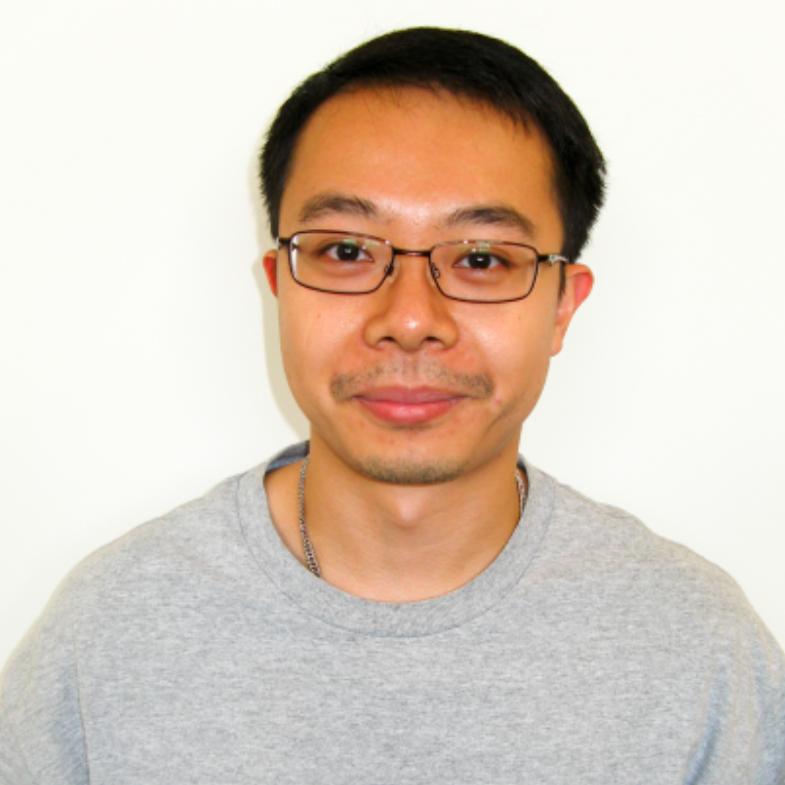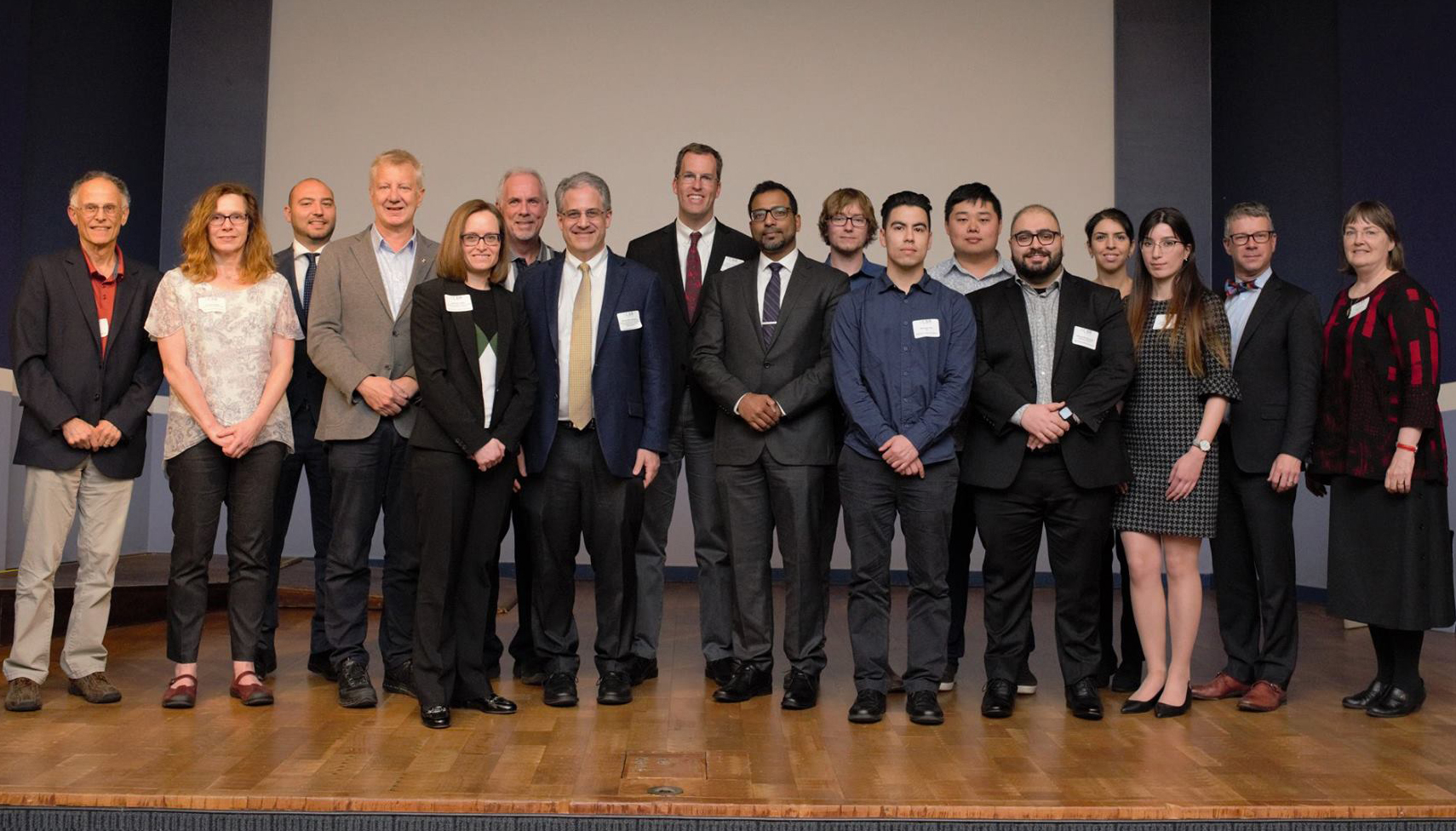
 By Victor Lei, Technician and Lab Manager, Conway Lab & Sreeparna Vappala, PhD Student, Kizhakkedathu Lab
By Victor Lei, Technician and Lab Manager, Conway Lab & Sreeparna Vappala, PhD Student, Kizhakkedathu Lab
The Centre for Blood Research’s annual Norman Bethune Symposium was held on April 3rd, 2019 at UBC Robson Square in downtown Vancouver, BC. A tribute to the Canadian physician Dr. Norman Bethune, a pioneer in trauma surgery and transfusion medicine, this symposium is a forum for researchers, clinicians and trainees to present their work in these related fields. This year’s program was spearheaded by Dr. Dana Devine and Dr. Ed Conway.
After the opening remarks by Dr. Conway, the symposium talks began with Dr. Richard Kaufman (Brigham and Women’s Hospital), who discussed the relationship between frequent platelet donation and long-term depletion of platelets and lymphocytes. Next, Dr. Angelo d’Alessandro (University of Colorado) shared his interest in using metabolomics to determine metabolic markers of oxidative hemolysis of red blood cells, and how this information could be used to “personalize” transfusion medicine. He is exploring whether metabolomics could help better match the donor and specific storage conditions with recipients.
Following a sumptuous coffee break, Dr. Chris Overall (University of British Columbia) spoke about his studies of MALT1, a caspase-like protease that plays a role in immune responses, and the identification of an allosteric MALT1 inhibitor that can rescue a patient who has a homozygous MALT1 mutation. Discussing his research on hemorrhage treatment in the battlefield, Dr. Anirban Sen Gupta (Case Western Reserve University) described the development of Synthoplate, a synthetic platelet surrogate that is temperature-stable and enhances aggregation of active platelets.
This year’s patient perspective talk was given by Dr. Georgina Butler (Research Associate from Dr. Chris Overall’s group at UBC), who recounted the harrowing story of her son, Sam, and his struggle with arteriovenous malformation (AVM), which can lead to sudden large bleeds. George described the emotional roller coaster ride she has experienced while supporting Sam through numerous unexpected bleeds and procedures to attempt to treat his condition. Her story was filled with fear, frustration, and helplessness, but sprinkled in between moments of triumph and optimism. George reminded us that the patients we discuss in case studies could easily be people in our lives, and that the impact of their conditions is much greater than data points on a graph.
After a lunch break, the afternoon session began with two clinician perspective presentations. Dr. Jeannie Callum (University of Toronto) focused on the management of hemostasis and approaches to streamline the care of bleeding patients, such as expediting trauma room protocols using electronic patient identification methods and using alternative blood products. Dr. Mitchell Cohen (University of Colorado) then talked about the trauma surgeon’s approach for treating acute traumatic coagulopathy. He drew the audience’s attention to the importance of a data-driven, precision medicine approach in these patients, as each trauma patient is different and coagulopathy changes with time after the event of trauma.
The rest of the afternoon was focused on red blood cell research. First, Dr. Peter Rahfeld (Postdoctoral Fellow from Dr. Stephen Withers’ group at UBC) shared the discovery of highly efficient enzymes that can convert Type A blood to Type O blood. This research on universal blood production was highlighted by CIHR as one of the major achievements in 2018. Next, Dr. Aaron Tobian (Johns Hopkins) highlighted the clinical risks associated with red blood cell transfusions, specifically the risk of thrombosis. While larger clinical trials are required, he noted that in a post-operative scenario, the odds of a patient developing venous thromboembolism is two times higher when they receive red blood cell transfusions. The final talk of the day was by Dr. Robin Turner (University of British Columbia), who described using Raman spectroscopy as a quality control method to assess stored red blood cells within sealed blood bags.
Throughout the day, the trainees had opportunities to share their current work as oral or poster presentations. To learn more about these, check out the R.E.D. blog post from Canadian Blood Services.
The symposium came to an end with CBR Education Program Manager Dr. Stefanie Mak awarding prizes to the top poster presenters, and Dr. Conway thanking all the speakers for making the day an engaging educational experience. Thank you to Dr. Devine for putting the program together, as well as Dr. Ed Przydial, Dr. Stefanie Mak, Hana Kim and Cristyn Fung for all the behind-the-scenes support. Special thanks go to the event sponsors: CSL Behring, Bayers, Grifols, Canadian Blood Services, Naiman Vickars Endowment Fund and Octapharma.
To view photos and recordings of the event, click here.



